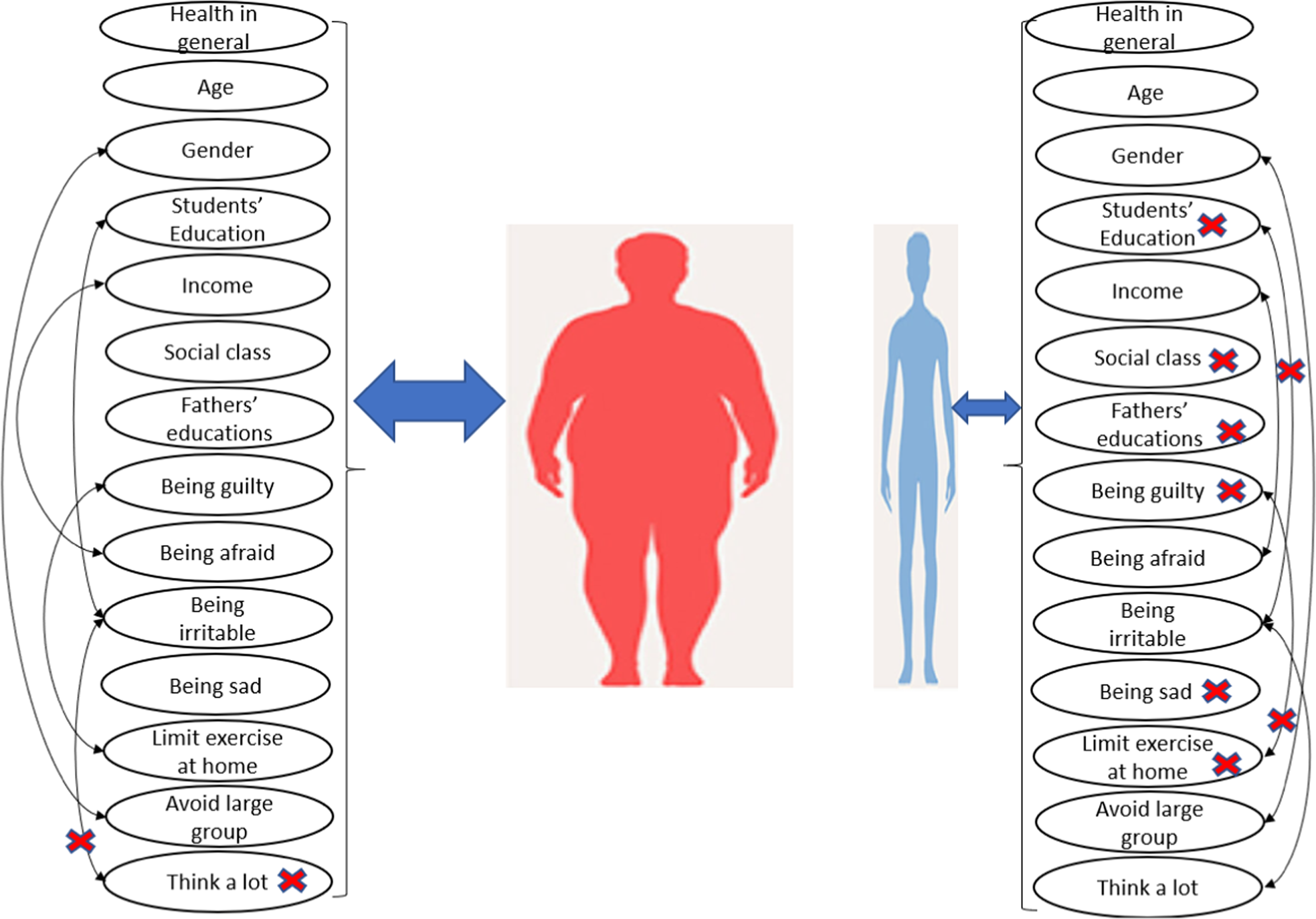
Table of Contents
Introduction
Weight loss surgery, also known as bariatric surgery, has become increasingly popular in recent years as a solution for individuals struggling with obesity. While bariatric surgery can lead to significant weight loss and improved overall health, it also poses unique challenges, particularly in terms of nutritional deficiencies. To combat these deficiencies, the use of bariatric vitamins is essential. In this comprehensive guide, we will delve into the world of bariatric vitamins, exploring their importance, types, recommended dosage, and much more. Whether you are considering weight loss surgery or have already undergone the procedure, this article will provide you with the knowledge you need to ensure optimal health post-surgery.
Bariatric Vitamins: Nourishing Your Body Post-Surgery
Bariatric vitamins play a crucial role in supporting your body’s nutritional needs after weight loss surgery. The procedure alters your digestive system, limiting the absorption of essential nutrients. As a result, deficiencies in vitamins and minerals can occur, leading to potential health complications. Bariatric vitamins are specifically formulated to address these deficiencies and support your body’s overall health and well-being.
Why Bariatric Vitamins are Necessary
After bariatric surgery, your body’s ability to absorb vitamins and minerals from food diminishes significantly. This is primarily due to the alteration of the digestive tract, which can impact the absorption process. Additionally, the reduced food intake following surgery may further contribute to nutritional deficiencies. Bariatric vitamins provide the necessary nutrients in highly bioavailable forms, ensuring that your body receives the essential vitamins and minerals it needs for optimal functioning.
Types of Bariatric Vitamins
There are several types of bariatric vitamins available, each designed to address specific nutrient deficiencies common after weight loss surgery. These vitamins are typically available in various forms, including tablets, capsules, chewables, and liquids. Here are some of the key types of bariatric vitamins:
Multivitamins
Multivitamins are comprehensive supplements that contain a broad spectrum of essential vitamins and minerals. They are an excellent option for individuals who require a well-rounded nutritional supplement to address multiple deficiencies simultaneously. These vitamins are typically taken daily and come in various formulations, including standard and timed-release options.
Calcium and Vitamin D
Calcium and vitamin D are essential for maintaining bone health and preventing osteoporosis. Since bariatric surgery can impair the body’s ability to absorb calcium, supplementation is crucial. Vitamin D helps facilitate calcium absorption, making it an important companion nutrient. Calcium and vitamin D supplements come in various forms, including chewables, capsules, and liquids.
Iron
Iron deficiency is a common occurrence after bariatric surgery, as the body’s ability to absorb iron is compromised. Iron supplements are crucial for preventing anemia and maintaining healthy red blood cell production. These supplements are available in various forms, including tablets, capsules, and liquids.
Vitamin B12
Vitamin B12 plays a vital role in red blood cell production, nerve function, and DNA synthesis. Bariatric surgery can lead to a deficiency in this essential vitamin, as it is primarily absorbed in the stomach and duodenum, which are bypassed or restricted during the surgery. Vitamin B12 supplements are available in different forms, including sublingual tablets, capsules, and injections.
Recommended Dosage of Bariatric Vitamins
The recommended dosage of bariatric vitamins can vary depending on the type of surgery you have undergone, your individual needs, and the specific brand or formulation of the supplement. It is crucial to consult with your healthcare provider or a registered dietitian who specializes in bariatric nutrition to determine the appropriate dosage for your unique circumstances. They will consider factors such as your surgery type, blood test results, and other individual factors to provide personalized guidance.
Here are some general guidelines for bariatric vitamin dosage:
Multivitamins
A high-potency multivitamin is typically recommended for individuals who have undergone bariatric surgery. The specific dosage may vary, but most bariatric patients are advised to take one or two tablets daily to meet their nutritional needs. It is essential to choose a multivitamin specifically formulated for bariatric patients to ensure optimal absorption and bioavailability of the nutrients.
Calcium and Vitamin D
The recommended dosage of calcium and vitamin D supplements can vary based on individual needs and blood test results. However, most bariatric patients are advised to consume between 1,200 and 2,000 milligrams of calcium and 800 to 2,000 international units (IU) of vitamin D per day. Dividing the dosage throughout the day to enhance absorption is often recommended.
Iron
The recommended dosage of iron supplements may vary depending on the severity of iron deficiency and individual needs. Most bariatric patients are advised to take 18 to 45 milligrams of iron per day, divided into two to three doses. Iron supplements should ideally be taken on an empty stomach to enhance absorption.
Vitamin B12
The recommended dosage of vitamin B12 supplements for bariatric patients can range from 500 micrograms to 1,000 micrograms per day. The specific dosage will depend on factors such as the surgery type and individual needs. Sublingual tablets or liquid forms of vitamin B12 are often recommended for optimal absorption.
It is important to note that the recommended dosage may vary for each individual, and regular monitoring of nutrient levels through blood tests is crucial to ensure optimal supplementation.
FAQs about Bariatric Vitamins
Why do I need to take bariatric vitamins after weight loss surgery?
Taking bariatric vitamins is essential after weight loss surgery because the procedure can lead to nutrient deficiencies due to the altered absorption capacity of the digestive system. Bariatric vitamins provide the necessary nutrients to support your overall health and prevent potential complications.
Can’t I get enough nutrients from my diet alone?
While it is possible to obtain some nutrients from a well-balanced diet, the reduced food intake and altered digestion after bariatric surgery make it difficult to meet all your nutritional needs through diet alone. Bariatric vitamins ensure that your body receives adequate amounts of essential vitamins and minerals.
How long do I need to take bariatric vitamins?
Bariatric vitamins are typically recommended for a lifetime after weight loss surgery. Regular and consistent supplementation is crucial to prevent nutrient deficiencies and maintain optimal health.
Are bariatric vitamins different from regular vitamins?
Yes, bariatric vitamins are specifically formulated to meet the unique nutritional needs of individuals who have undergone weight loss surgery. These vitamins are designed to be highly bioavailable and easily absorbed by the body.
Can I take regular over-the-counter vitamins instead of bariatric vitamins?
While regular over-the-counter vitamins may provide some benefit, they are generally not recommended for individuals who have undergone bariatric surgery. Bariatric vitamins are specially formulated to address the specific nutrient deficiencies that can occur after weight loss surgery.

Are there any side effects of bariatric vitamins?
Most bariatric vitamins are well-tolerated when taken as recommended. However, some individuals may experience mild side effects, such as nausea or constipation. It is essential to follow the recommended dosage and consult with your healthcare provider if you experience any adverse reactions.
Conclusion
Bariatric vitamins are a vital component of post-weight loss surgery care. They help ensure that your body receives the necessary nutrients for optimal health and prevent potential deficiencies. It is crucial to choose high-quality bariatric vitamins and follow the recommended dosage as advised by your healthcare provider or registered dietitian. Regular monitoring of nutrient levels through blood tests is essential to adjust the supplementation regimen as needed. By prioritizing your nutritional needs and incorporating bariatric vitamins into your daily routine, you can support your body’s overall well-being and enjoy the benefits of your weight loss journey.


:max_bytes(150000):strip_icc()/hypersexuality-f7219c0faf93488b82402d4f9d20e454.jpg)


